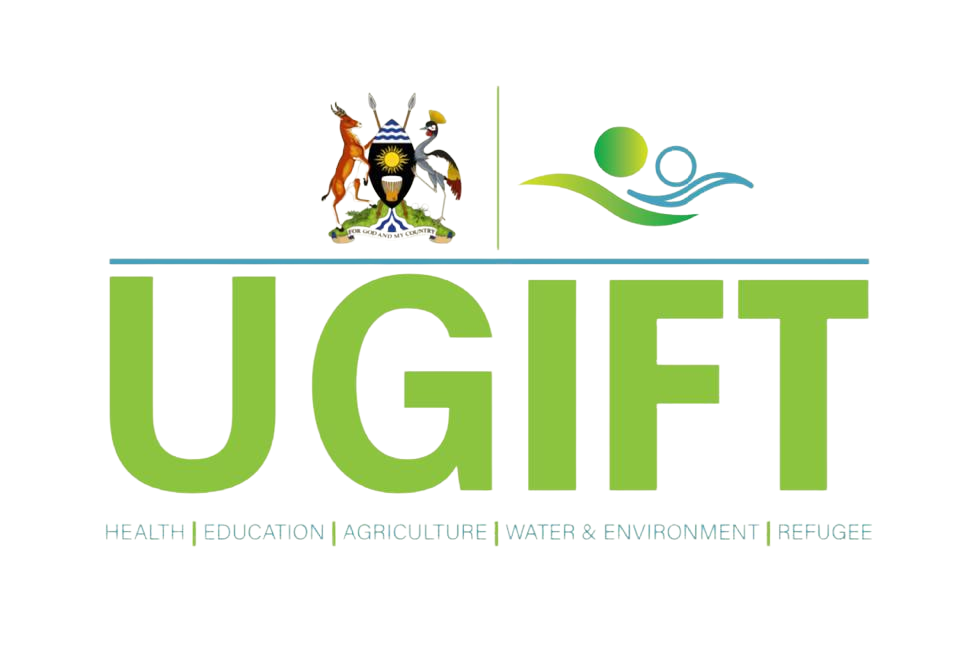UgIFT Programme Approach
UgIFT’s approach is rooted in equity, accountability, performance, and strengthening existing systems, not creating parallel structures.
- Equity‑Focused Fiscal Transfers
UgIFT improves adequacy, equity, and discretion in local government financing. It consolidates funding streams and revises allocation formulas so underserved districts don’t lose out, turning earmarked grants into more flexible resources for services like education, health, water, environment, micro‑irrigation, and refugee-hosting communities. - Embedded in Government Systems
UgIFT doesn’t build new bureaucracies. It operates entirely through existing GoU frameworks, mainly via MoFPED’s Budget Policy & Evaluation Department and the PFM Reforms UnitA three-tier oversight structure ensures coordination and strategic direction:
i. Oversight Committee finance minister–led, provides policy guidance
ii. Steering Committee Treasury-led, aligns on grant formulas, performance standards
iii. Technical Committee MoFPED and partner ministries, manages technical matters, monitors disbursements, handles grievances - Results-Oriented Performance Management
UgIFT integrates performance-based grants with incentive mechanisms for schools, health facilities, and local governments.
It deploys LG performance assessments, ties results to funding, and funnels technical support to underperforming areas, all guided by OPM and MoLG - Streamlined Grant Architecture
UgIFT consolidated 58 conditional sector grants into a unified, manageable system. This includes Discretionary Development Equalisation Grants (DDEG) and streamlined recurrent grants, granting local governments more flexibility and reducing fragmentation - Integrated Service Sectors
Rather than standalone projects, UgIFT channels funds jointly into key sectors:i. Education & Health: School and HC‑III construction, staffing, equipment
ii. Water & Environment:
Clean water investments, sanitation, watershed protection, anti-deforestation effortsiii. Micro‑Irrigation: 75 % subsidized solar irrigation grants to ~8,000 farmers, plus ongoing technical support via local engineers, digital monitoring, and farmer field schools
iv. Refugee Inclusion: Refugee populations are integrated into allocation formulas and service programming
- Central‑Local Collaboration & Capacity Building
Grant management is coordinated across MoFPED, LGFC, MoLG, OPM, and sectors. There are interactive workshops for districts, joint monitoring missions, and collaborative audits by Works & Transport and the Office of the Auditor General, ensuring transparency and value‑for‑money
